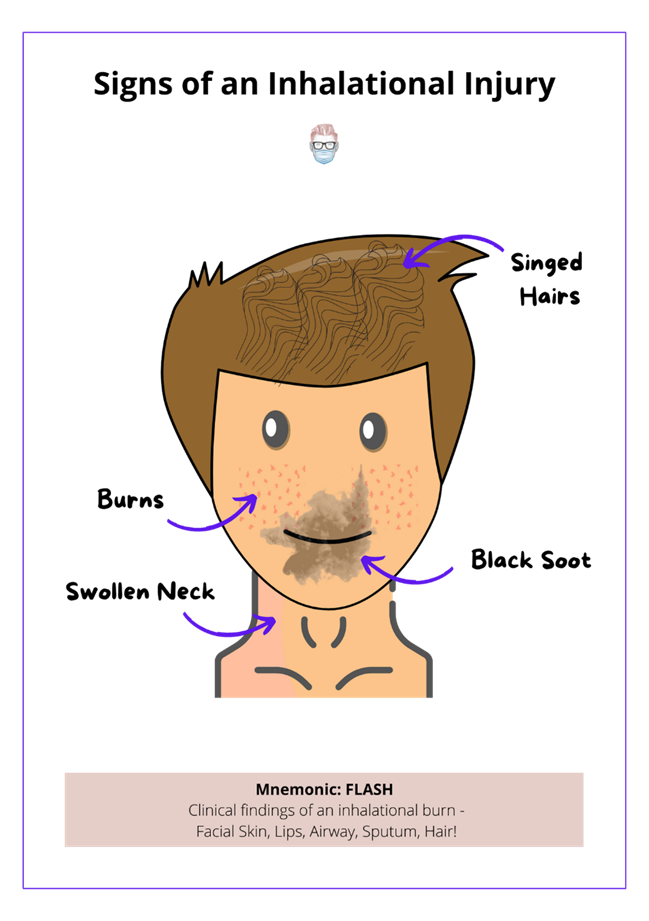A nurse is teaching a newly licensed nurse about delegating tasks to assistive personnel. Which of the following statements should the nurse make?
“You can ask an AP to teach a simple task to a client.”
“You should assign tasks you are unfamiliar with to an experienced AP.”
“If you are unsure about an AP’s ability, observe them performing the task.”
“The person who delegates a task is not held accountable for the outcome.”
The Correct Answer is C
a. "You can ask an AP to teach a simple task to a client."
While assistive personnel may assist with client education under the supervision of a licensed nurse, the primary responsibility for teaching tasks to clients usually rests with licensed healthcare providers.
b. "You should assign tasks you are unfamiliar with to an experienced AP."
Delegating tasks to assistive personnel should be based on their competency and the complexity of the task, not necessarily on the nurse's familiarity with it. It is essential to delegate tasks that the AP is trained and competent to perform.
c. "If you are unsure about an AP’s ability, observe them performing the task."
This is the correct statement. It emphasizes the importance of assessing an assistive personnel's competence by observing their performance before delegating tasks, especially if there is uncertainty about their abilities.
d. "The person who delegates a task is not held accountable for the outcome."
This statement is incorrect. The person delegating a task is ultimately accountable for ensuring that the task is performed correctly and safely. Delegation does not relieve the delegator of accountability.
Nursing Test Bank
Naxlex Comprehensive Predictor Exams
Related Questions
Correct Answer is D
Explanation
a. A client who reports night sweats and fever for the last week:
Night sweats and fever can be indicative of various underlying conditions, including infections. While these symptoms may require medical attention, they do not necessarily indicate an immediately life-threatening condition compared to other options.
b. A client who has compound fractures of the tibia and humerus:
Compound fractures involve broken bones that penetrate through the skin, leading to a risk of severe bleeding, infection, and other complications. This client's injuries are significant and require immediate attention to prevent further complications and provide pain management and stabilization.
c. A client who reports severe vomiting and diarrhea:
Severe vomiting and diarrhea can lead to dehydration, electrolyte imbalances, and other complications, especially if prolonged or accompanied by other symptoms such as fever. While this client requires prompt assessment and treatment, the urgency may not be as high as for other conditions.
d. A client who has soot markings around each naris following a house fire:
Soot markings around the nares (nostrils) suggest inhalation injury, which can lead to airway compromise, respiratory distress, and other serious complications. This client requires immediate assessment and intervention to ensure airway patency, oxygenation, and respiratory support.

Correct Answer is C
Explanation
a. Document in the client’s chart that an incident report has been filed:
Documenting that an incident report has been filed is an important step in the process of addressing the client's complaint. It ensures that there is a record of the incident and initiates the appropriate follow-up procedures.
b. Call risk management to interview the client:
In long-term care facilities, risk management departments are responsible for investigating incidents and ensuring that appropriate measures are taken to prevent future occurrences. In this situation, involving risk management may be necessary to conduct a thorough investigation.
c. Contact the nurse manager:
The nurse manager is responsible for overseeing the nursing staff and ensuring that quality care is provided to clients. Contacting the nurse manager allows for immediate notification of the incident and enables them to initiate the appropriate steps to address the situation.
d. Reassure the client that the staff is well trained:
While it's important to provide reassurance to the client, simply reassuring them without taking any further action may not adequately address their concerns or prevent similar incidents from occurring in the future.
Whether you are a student looking to ace your exams or a practicing nurse seeking to enhance your expertise , our nursing education contents will empower you with the confidence and competence to make a difference in the lives of patients and become a respected leader in the healthcare field.
Visit Naxlex, invest in your future and unlock endless possibilities with our unparalleled nursing education contents today
Report Wrong Answer on the Current Question
Do you disagree with the answer? If yes, what is your expected answer? Explain.
Kindly be descriptive with the issue you are facing.
